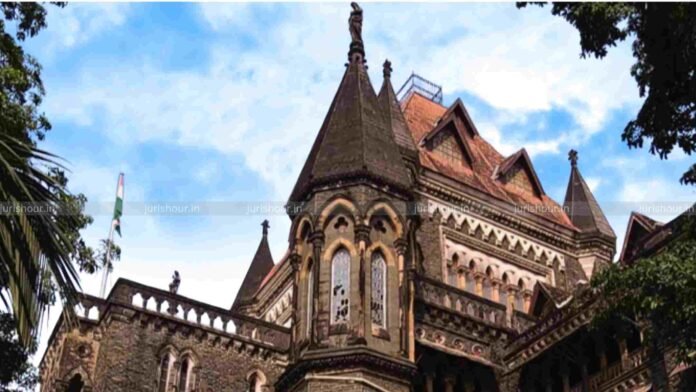The Bombay High Court has held that pre-SCN consultation is mandatory for demands above Rs. 50 lakh.
The bench of Justices M.S. Sonak and Justice Advait M. Sethna quashed multiple service tax show cause notices (SCNs) issued by the GST department on the ground that no mandatory pre-show cause consultation was held prior to issuance of the notices. The pre-consultation—introduced to promote voluntary compliance and reduce litigation—is legally binding on the department and cannot be treated as an empty formality.
The bench consolidated several writ petitions filed by different entities from diverse sectors such as manufacturing, real estate, construction, banking, and healthcare. All petitioners challenged the SCNs on the same legal ground: non-compliance with the mandatory pre-SCN consultation requirement under CBEC/CBIC circulars.
The issue raised was whether the pre-consultation with the assessee is mandatory before issuing SCNs under Section 73 of the Finance Act, 1994, where the tax demand exceeds Rs. 50 lakh.
The Court answered “Yes”, upholding that though Section 73 does not expressly require pre-consultation, CBEC Master Circular dated 10 March 2017 and CBIC Circular dated 19 November 2020 mandate such consultation, These circulars are binding on the department under Section 37B of the Central Excise Act (made applicable to service tax by Section 83 of the Finance Act).
The department argued that the Supreme Court’s 04 November 2019 order (in the SLP against Amadeus India) cast doubt on the mandatory nature of pre-consultation.
The High Court rejected the argument of the department and noted that the Supreme Court order limited itself to limitation issues, not the validity of the mandatory requirement. No stay was granted on the Delhi High Court judgment. Other High Courts have also rejected this Revenue argument.
The Court stressed that pre-SCN consultation is a trade facilitation measure, an Alternate Dispute Resolution (ADR) tool, a way to reduce unnecessary litigation, and aligned with “Ease of Doing Business” objectives. It cannot be reduced to “bureaucratic ritual” or bypassed casually.While quashing the SCNs for violation of mandatory procedure, the Court carefully balanced taxpayer rights with Revenue interests.
The court directed that all impugned SCNs be quashed. The department must issue pre-consultation notices within 4 weeks. Assessees must reply within 2 weeks of receipt. Pre-consultation to be completed within 6 weeks thereafter. Based on the outcome, the department may issue fresh SCNs. Limitation period from 30 January 2023 until issuance of fresh SCN is excluded. This exclusion is in addition to any statutory extensions, including COVID-related relaxation.
The Court made it clear that assessees cannot unfairly use the quashing of SCNs to claim time-bar, when the original notices were issued within limitation.
Case Details
Case Title: Rochem Separation Systems Versus UOI
Case No.: Writ Petition No. 822 Of 2021
Date: 23 September 2025
Counsel For Petitioner: Prithiviraj Choudhary
Counsel For Respondent: Maya Majumdar
Read More: Bombay HC Quashes GST Appeal Rejection Over Short Pre-Deposit, Orders Fresh Hearing

